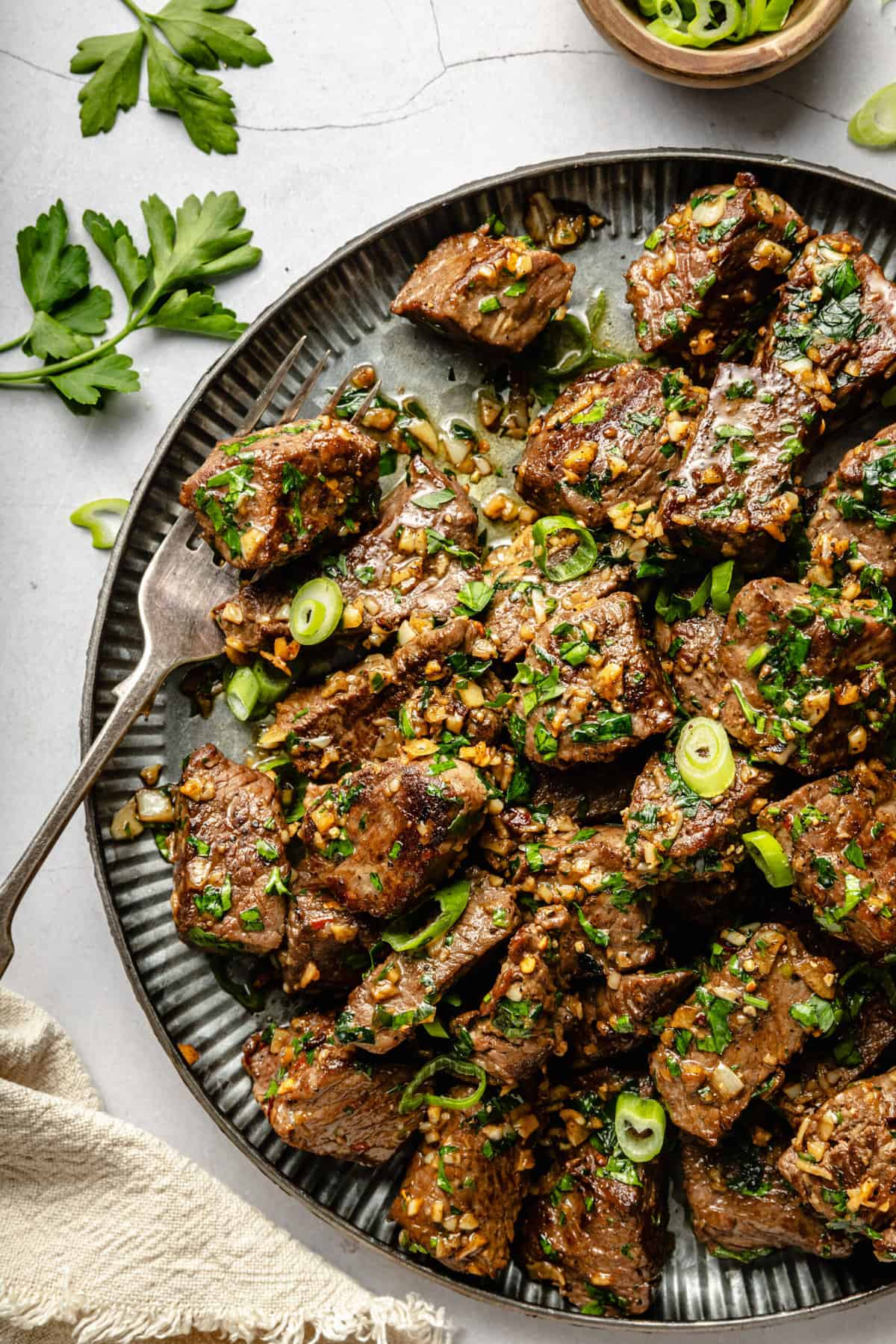Meat Marinates and Spices Ideas for Flavorful Dishes
Meat Marinates and Spices Ideas for Flavorful Dishes
Blog Article
From Farm to Table: Fresh and Premium Meat Choices
The journey of meat from farm to table encapsulates a complicated interaction of top quality, ethics, and sustainability. With an increasing emphasis on fresh and superior choices, customers are currently more inclined to take into consideration the origins of their food, bring about a renewed concentrate on lasting farming methods and animal well-being criteria. This change not only enhances the nutritional account of meat however additionally sustains regional economies. Nonetheless, the implications of these choices prolong much beyond personal health and wellness and neighborhood farming. What does this mean for the future of food systems and consumer practices?
Comprehending Meat Sourcing
As customers come to be significantly conscious of the origins of their food, comprehending meat sourcing has obtained extremely important relevance. Meat sourcing involves mapping the journey of meat from farm to table, encompassing different variables such as farming methods, animal well-being, and environmental influence. This understanding equips consumers to make enlightened selections that straighten with their worths, specifically concerning sustainability and ethical factors to consider.
The sourcing of meat can differ substantially based upon multiple requirements, consisting of the kind of animals, farming methods, and geographical area. Grass-fed beef frequently comes from pasture-based systems that promote pet welfare and reduce ecological destruction. On the other hand, standard meat may involve intensive farming methods that elevate concerns concerning antibiotic use and environment damage.
Additionally, traceability plays a critical role in meat sourcing. Understanding the specific farm or area where the meat stems helps consumers make sure high quality and security. Numerous customers now look for qualifications or tags that suggest humane therapy and lasting techniques, mirroring an expanding need for openness in the food supply chain. Inevitably, understanding meat sourcing not only enhances customer selection yet also fosters liable intake and sustains ethical farming techniques.
Advantages of Fresh Meat
Selecting fresh meat supplies numerous advantages that expand beyond taste and appearance. Fresh meat commonly maintains greater nutritional worth contrasted to its frozen or refined counterparts. It is usually richer in vital minerals and vitamins, such as B vitamins, iron, and zinc, which are critical for keeping general health and wellness.
Additionally, the sourcing of fresh meat often involves much shorter supply chains, minimizing the time in between ranch and table. This suggests that the meat is much less likely to shed its dietary stability throughout transport and storage space. In addition, customers can experience enhanced taste and juiciness, which can raise culinary experiences.
Fresh meat likewise gives a chance for consumers to support local farmers and advertise sustainable farming methods. When buying from neighborhood resources, individuals can contribute to their neighborhood economy and foster a higher connection to the food they eat.
Finally, fresh meat is usually without the chemicals and additives frequently found in processed choices. This makes it a cleaner, much healthier option for those wanting to minimize their intake of fabricated components. In general, the advantages of picking fresh meat encompass health and wellness, preference, and a sense of neighborhood interaction.
Pet Welfare Criteria
Making sure high pet welfare standards is essential for both ethical factors to consider and the top quality of meat products. The treatment of animals straight affects not just the honest effects of meat manufacturing yet likewise the total high quality and security of the end items. Animals increased in gentle problems are less stressed out, leading to much healthier animals and, subsequently, superior meat top quality.
Laws and qualifications concerning animal welfare have come to be increasingly substantial in the meat sector. These frameworks make sure pets are offered with appropriate space, proper nourishment, and humane handling throughout their lives. Practices such as pasture-raised systems and free-range settings contribute to much better animal welfare by allowing pets to show natural behaviors, which is vital for their health.
Moreover, customers are coming to be a lot more discerning pertaining to the sources of their meat, resulting in an expanding need for items that comply with rigorous pet welfare standards. This shift not only promotes honest farming techniques however likewise urges manufacturers to adopt actions that boost the health and wellness and welfare of their pets. Meat. Eventually, focusing on pet well-being is not simply a moral imperative; it is additionally a path to creating premium-quality meat that fulfills consumer assumptions

Sustainable Farming Practices
Sustainable farming practices play a vital role in enhancing both animal well-being and the high quality of meat products. These techniques stress the site importance of ecological stewardship, honest therapy of animals, and resource efficiency. By executing rotational grazing, farmers can advertise healthy and balanced field ecosystems, allowing pets to feed upon nutrient-rich lawns while protecting against overgrazing. This approach not just supports animal health and wellness yet also enriches the soil, reducing the need for artificial plant foods.
In addition, lasting farming commonly includes incorporated pest administration and organic feed options, lessening the use of damaging chemicals. This approach not only safeguards animal well-being but additionally leads to cleaner, much safer meat products for consumers. Water conservation methods, such as rainwater harvesting and efficient irrigation systems, further add to lasting techniques, ensuring that sources are made use of carefully.
Moreover, fostering biodiversity through polyculture systems and maintaining environments for wild animals enhances the resilience of farming communities. By prioritizing these lasting techniques, farmers can create top notch meat that meets customer demand while promoting ecological equilibrium. Ultimately, accepting lasting farming methods is vital for creating a much more responsible and resistant find this food system that benefits pets, farmers, and customers alike.
Choosing Top Quality Over Amount
Frequently, consumers are confronted with the predicament of picking between quantity and quality when it concerns meat items. While acquiring larger quantities may appear financially beneficial, the long-lasting advantages of selecting high-quality meat much outweigh the immediate savings. Quality meat is typically sourced from animals raised in lasting environments, where they are provided correct nourishment and care, leading to premium taste and dietary worth.
Top notch meats are usually without harmful ingredients, hormonal agents, and prescription antibiotics that are usually present in mass-produced alternatives (Meat). This not only guarantees a much healthier dining experience however also supports moral farming methods that prioritize pet welfare. In addition, premium meats have a tendency to have a far better structure and taste, boosting the total culinary experience
Purchasing quality meat motivates consumers to appreciate smaller sized portions, permitting a much more conscious approach to eating. This change not just influences personal wellness positively yet likewise advertises lasting intake patterns that can profit the setting. To conclude, focusing on high quality over quantity when choosing Continued meat products fosters an extra liable and health-conscious way of life, eventually enriching both the dining experience and the world.
Verdict

Report this page